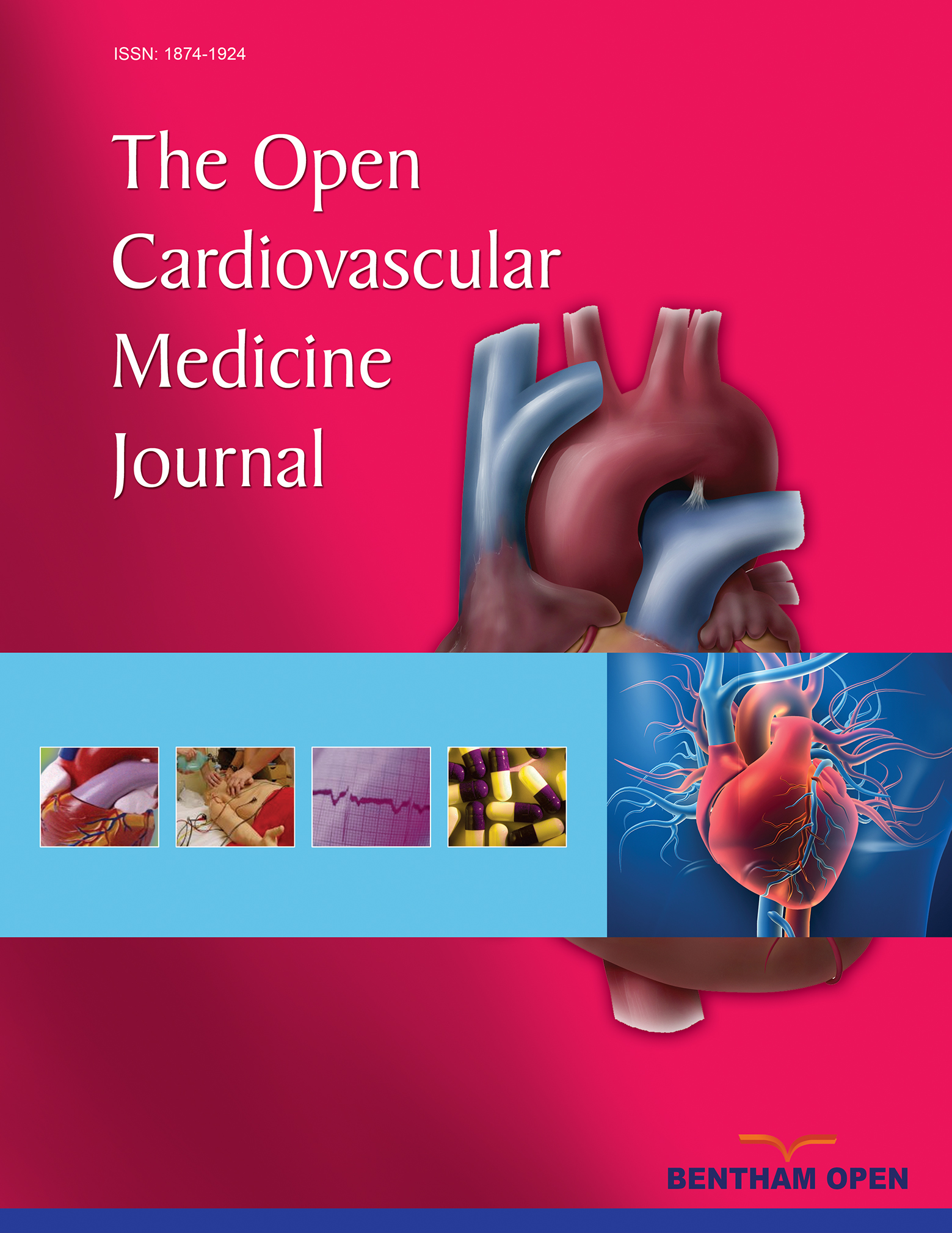All published articles of this journal are available on ScienceDirect.
Differing Relations to Early Atherosclerosis between Vitamin C from Supplements vs. Food in the Los Angeles Atherosclerosis Study: A Prospective Cohort Study
Abstract
Objective:
To determine the relationship of vitamin c intake from supplements vs food on early atherosclerosis detected by carotid intima media thickness (IMT).
Background:
Oxidative stress and endothelial dysfunction play a critical role in the pathogenesis of atherosclerosis. Dietary vitamin C appears to have anti-oxidant properties and beneficial relations to endothelial function, yet vitamin C taken as a vitamin supplement does not appear to protect from cardiovascular events. The impact of vitamin c intake from supplements vs food on progression of atherosclerosis is unknown.
Methods:
We examined 3-year progression of carotid IMT in a randomly sampled cohort of 573 healthy women and men aged 40-60 years. Progression of carotid IMT was determined bilaterally with B-mode ultrasound at 3 examinations (1.5-year intervals). Intake of dietary vitamin C was measured by six, 24-hour recall interviews. Intake of vitamin C from vitamin supplements was measured by questionnaire in quartiles of supplement intake and no supplement. Vitamin C wasmeasured in plasma as ascorbic acid.
Results:
Carotid IMT progressed 10.0±16.5 μm/year (mean±SD) among all those with follow-up (n=500; 87%). For those who took vitamin C supplements, carotid IMT progression increased with dose (p-trend=0.0009). Among persons in the highest quartile (857-5000 mg/day) of vitamin C supplement intake compared to those not consuming any vitamin C supplements, carotid IMT progression increased three-fold (20.3±2.6 versus 7.6±1.8 μm/year (mean±SD); p<0.001). The adverse association of vitamin C supplement intake with carotid IMT was two-fold greater in the upper tertile of serum cholesterol compared to the lower two tertiles (p=0.01). In contrast to the adverse association of vitamin C supplements, vitamin C intake from food had a weak protective relationship on carotid IMT progression (reduced progression -5.0±1.9 μm/year; p=0.008).
Conclusions:
Vitamin C supplementation is associated with accelerated early atherosclerosis measured by carotid IMT compared to a protective association with vitamin C from food. Theadverse association of vitamin C supplementation may be greater in patients with higher serum cholesterol levels. The current results provide a potential mechanistic understanding for the observed differences between Vitamin C in supplements vs food in prior studies. Given these observations,vitamin C supplementation does not appear to be currently advisable for prevention or treatment of atherosclerosis.


